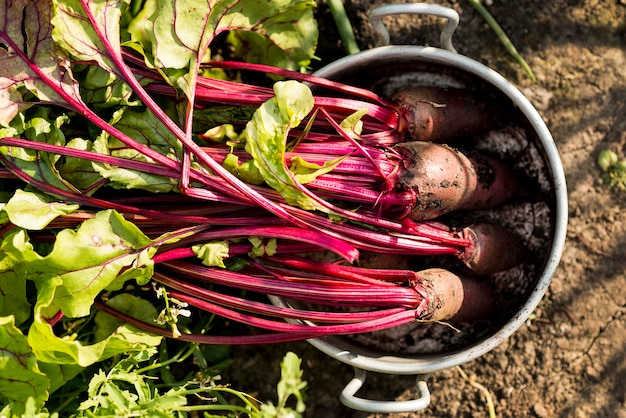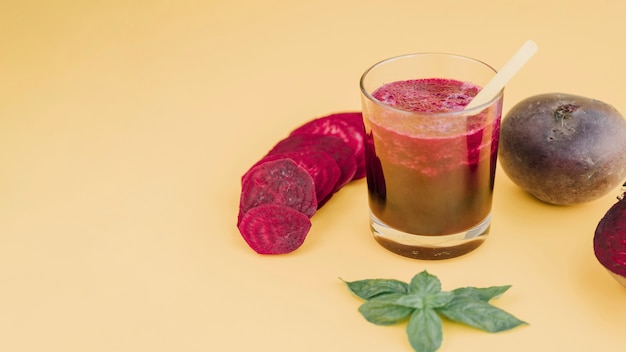Discover the science behind nature’s surprising answer to hypertension and cardiovascular wellness.

For decades, health professionals have emphasized the importance of fruits and vegetables in maintaining heart health and managing blood pressure. Diets rich in leafy greens, berries, and whole produce have long been associated with reduced risks of cardiovascular disease. But recent scientific breakthroughs have spotlighted a single, unassuming root vegetable that stands out from the rest—not just for its vibrant color, but for its remarkable physiological effects.
That vegetable is the beetroot. Once considered a humble garden staple, beets are now gaining recognition as a potent natural remedy for high blood pressure. Packed with nitrates, antioxidants, and essential nutrients, beets have demonstrated measurable effects on vascular function and blood pressure regulation in numerous clinical studies.
The secret lies in dietary nitrates. When consumed, nitrates from beets are converted in the body into nitric oxide—a molecule that plays a crucial role in relaxing and dilating blood vessels. This process improves blood flow and reduces the pressure against artery walls, leading to lower systolic and diastolic blood pressure readings.

A growing body of peer-reviewed research supports the cardiovascular benefits of beetroot. In a 2015 study published in the journal Hypertension, participants who drank a glass of beetroot juice daily experienced a significant drop in blood pressure—some by as much as 10 mm Hg—within just a few hours. These effects were most pronounced in individuals with elevated baseline blood pressure.
Further studies have shown that regular consumption of beetroot juice can lead to sustained improvements in endothelial function—the health of the inner lining of blood vessels—which is a key factor in preventing atherosclerosis and other heart conditions. Additionally, beets are rich in potassium, magnesium, and folate, all of which contribute to heart health by supporting proper muscle function and reducing arterial stiffness.
While blood pressure management is a standout benefit, beets offer a broader spectrum of cardiovascular support. Their high antioxidant content, particularly betalains, helps combat oxidative stress and inflammation—two underlying drivers of heart disease.
Moreover, beetroot has been linked to improved exercise performance in people with heart failure. Enhanced blood flow means more oxygen delivery to muscles, allowing for greater endurance and reduced strain on the heart during physical activity. This makes beets not only a preventive tool but also a supportive dietary addition for those already managing cardiovascular conditions.

The good news is that reaping the benefits of beets doesn’t require drastic dietary changes. Here are several simple and tasty ways to include them in your daily routine:
While beets are generally safe for most people, there are a few considerations. Due to their high oxalate content, individuals prone to kidney stones may want to moderate intake. Also, beet consumption can cause harmless red discoloration of urine or stool—a phenomenon known as beeturia.
People on blood pressure medication should consult their healthcare provider before adding large amounts of beetroot to their diet, as the combined effect could lead to excessively low blood pressure.
In an era where chronic diseases are on the rise, the return to whole, plant-based foods offers a powerful, accessible solution. The humble beetroot exemplifies how nature often holds answers that science later confirms. With strong evidence supporting its role in lowering blood pressure and enhancing cardiovascular function, this vibrant root deserves a regular place on our plates.
Whether juiced, roasted, or blended, beets offer a simple, delicious way to support long-term heart health—one bite at a time.

Health

Health

Health

Health

Health

Health

Health

Health

Health

Fitness

Health

Health